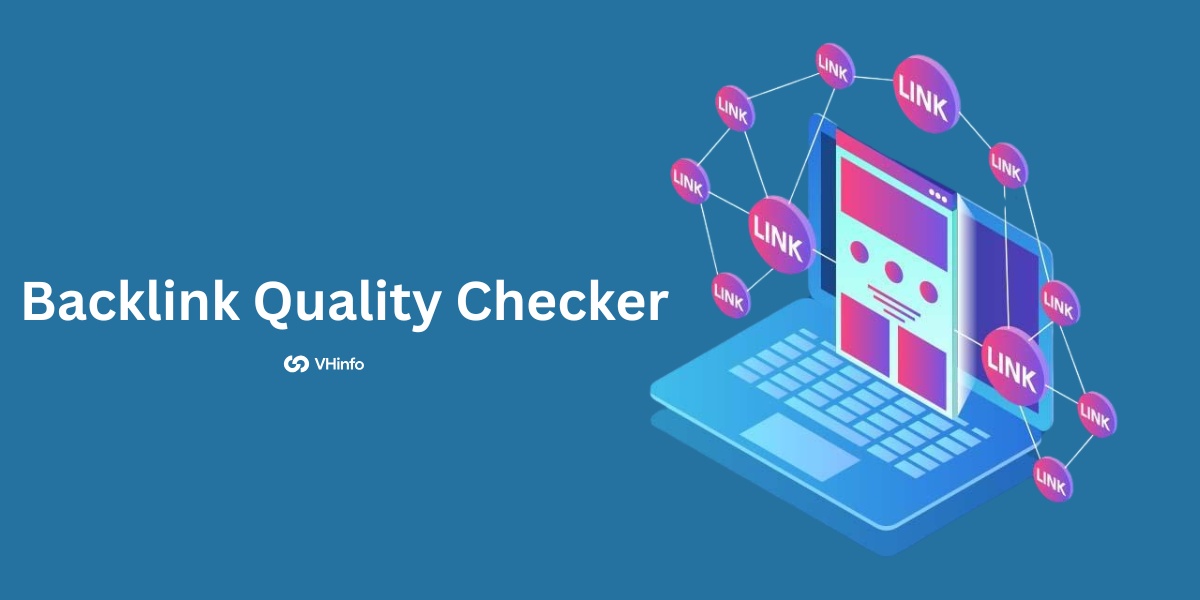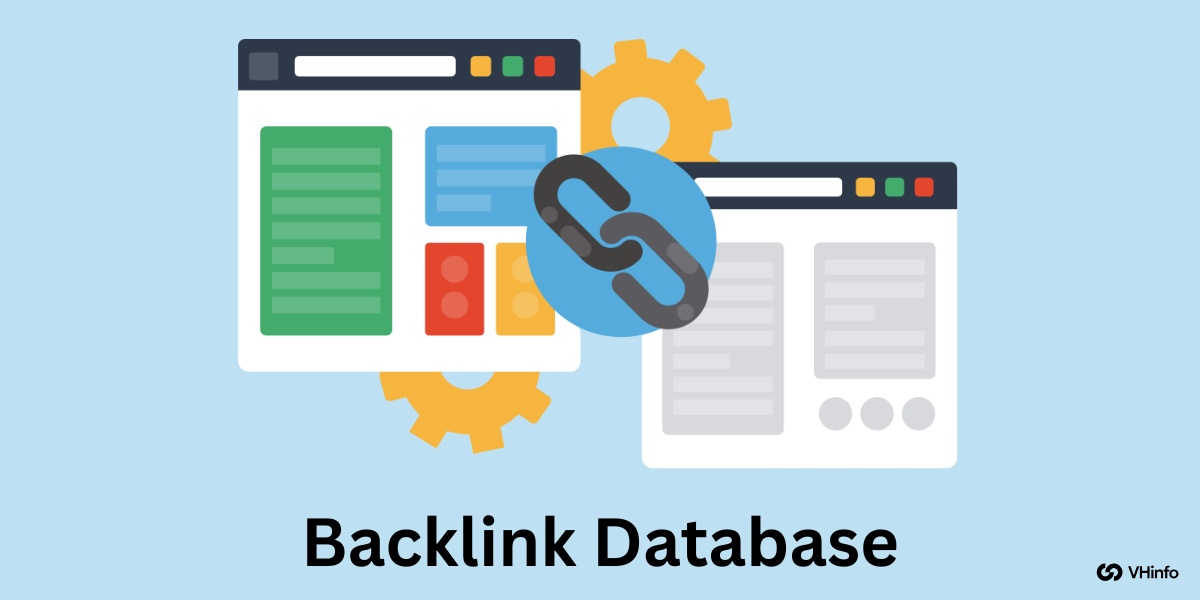Blogging has become an integral part of digital marketing strategies for businesses of all sizes.
Creating valuable blog content helps companies attract potential customers, establish thought leadership, and drive profitable growth.
In this ultimate guide, we’ll dive into the world of business blogging, exploring its benefits, best practices, and actionable tips to help you create a successful blog that supports your overall marketing efforts.
What is Blogging For Business?

Blogging for business involves creating and publishing content on a company blog to attract and engage a target audience.
The goal is to provide valuable information that addresses the needs, challenges, and interests of potential customers while subtly promoting the business’s products or services.
Consistently delivering high-quality content can help businesses build trust, establish authority, and ultimately drive conversions.
Is Blogging Good For Business?

Absolutely! Blogging offers numerous benefits for businesses looking to expand their online presence and attract more customers.
A well-executed business blog can help:
- Drive organic traffic to your website through search engine optimization (SEO)
- Establish your brand as a thought leader in your industry
- Nurture relationships with potential and existing customers
- Generate leads and drive conversions
- Provide valuable content for social media marketing and email marketing campaigns
Benefits of Business Blogging Journey

- Drive Conversions and Profits: Creating targeted content that addresses your audience’s pain points and offers solutions can guide readers through the sales funnel and encourage them to take action, such as making a purchase or signing up for a service. You can also build email list, do affiliate marketing and much more.
- Become an Industry Leader: Consistently publishing informative and engaging content positions your business as an authority in your niche, building trust and credibility with your target audience.
- Increase Website Traffic: Optimizing your blog posts for relevant keywords can improve your search engine rankings, driving more organic traffic to your website.
- Promote Your Brand For Free: A business blog serves as a cost-effective marketing tool, allowing you to showcase your expertise and promote your products or services without incurring significant advertising expenses.
- Educate Consumers About Your Business: Your blog is the perfect platform to educate potential customers about your offerings, unique value proposition, and industry insights. A good idea is to use your own blog content and convert it into social media posts.
- Repurpose Blogs For Social Media Marketing: Sharing your blog content on social media channels can help you expand your reach, engage with your audience, and drive traffic back to your website.
- Nurture the Relationship Between You and Your Customers: A blog enables you to connect with your audience on a more personal level, fostering trust and loyalty.
- Boost Brand Awareness and Loyalty: Consistently delivering valuable content helps keep your brand top-of-mind and encourages readers to return to your blog, increasing brand awareness and loyalty over time.
- Enhance Link Building Efforts: High-quality blog content is more likely to earn natural backlinks from other websites, improving your site’s authority and search engine rankings.
- Partner With Influencers or Brands For Guest Blogging: Collaborating with influencers or other brands for guest blogging opportunities can expose your business to new audiences and drive referral traffic.
How to Start Blogging For Business?

Starting your business blog might seem tough, but it doesn’t need to be.
- Determine the Focus of Your Blog: Identify your target audience and the topics that align with their interests and your business objectives. This will help you create content that resonates with your readers and supports your overall marketing goals.
- Set Metrics: Establish key performance indicators (KPIs) to measure the success of your blogging efforts, such as website traffic, engagement rates, lead generation, and conversions. Regularly track and analyze these metrics using KPI reporting tools to gain actionable insights, allowing you to optimize your content strategy and make data-driven decisions that drive better results.
- Refresh Existing Content: Periodically update and improve your older blog posts to ensure they remain relevant, accurate, and optimized for search engines. This can help drive additional traffic and keep your content fresh.
- Invest in High-Quality Blogging Tools: Utilize tools like keyword research software, content optimization platforms, and analytics dashboards to streamline your blogging process and ensure your content is optimized for success.
- Promote Your Blog: Share your blog content across your social media channels, email newsletters, and other marketing channels to maximize its reach and drive traffic back to your website.
- Establish Goals For Content Creation: Set clear objectives for each blog post, such as educating readers, generating leads, or promoting a specific product or service. This will help guide your content creation process and ensure each post serves a purpose.
Tips to Get Started With Your Business Blog

- Set Clear Goals: Define what you want to achieve with your business blog, whether it’s increasing brand awareness, generating leads, or establishing thought leadership. Having clear goals will help you create targeted content and measure your success.
- Choose a Platform or Content Management System to Host the Content On: Select a user-friendly blogging platform or content management system (CMS) like WordPress, Wix, or Squarespace to host your blog. Consider factors such as ease of use, speed of web hosting, customization options, and scalability.
- Decide Who Will Produce the Content: Determine whether you will create blog content in-house or outsource to freelance writers or a content marketing agency. Ensure that whoever produces the content has a deep understanding of your brand voice, target audience, and industry.
- Create an SEO Strategy: Develop an SEO strategy that includes keyword research, landing page optimization, and link building to improve your blog’s visibility in google search results. Optimize your blog posts with relevant keywords, meta descriptions, and header tags.
- Build Quality Content: Focus on creating high-quality, informative, and engaging content that addresses your target audience’s needs and interests. Include visuals, such as images, videos, and infographics, to make your posts more appealing and shareable.
- Optimize Your Posts: Ensure your blog posts are optimized for readability and user experience by using short paragraphs, subheadings, bullet points, and white space. Make your content easy to scan and digest for readers.
- Build Some Backlinks: Reach out to other websites and blogs in your industry to secure backlinks to your blog posts. Backlinks from reputable sources can improve your blog’s authority and search engine results.
- Promote Your Content: Share your blog posts across your social media accounts, email newsletters, and other relevant channels to drive traffic and engagement. Encourage your audience to share your content with their networks to expand your reach.
- Publish New Content Regularly: Maintain a consistent publishing schedule to keep your audience engaged and attract new readers. Regularly updating your blog with fresh content also signals to search engines that your site is active and relevant.
Disadvantages of Blogging For Business

While blogging offers numerous benefits for businesses, there are also some potential drawbacks to consider:
- Time Commitment: Creating high-quality blog content consistently requires a significant time investment. Businesses must allocate resources to research, writing, editing, and promoting blog posts.
- Lack of Return On Investment (ROI): Measuring the ROI of blogging can be challenging, as it often takes time to see tangible results in terms of lead generation and conversions. Businesses must be patient and persistent in their blogging efforts.
- Potential Negative Comments: Allowing comments on your blog opens the door to potential negative feedback or criticism from readers. It’s essential to have a plan in place for monitoring and responding to comments professionally and constructively.
FAQ’s:
Is Blogging a Good Business Idea?
Yes, blogging can be an excellent business idea, particularly for those with expertise in a specific niche or industry. Creating valuable and great content and building an engaged audience, bloggers can monetize their blogs through advertising, affiliate programs, sponsored content, physical products and digital products.
Do Business Blogs Make Money?
Yes, business blogs can generate revenue through various monetization strategies, such as advertising, affiliate links, sponsored content, and selling digital products or services. However, it takes time, effort, and a well-executed content strategy to build a profitable blog.
How Often Should I Post On My Business Blog For Optimal Engagement?
The ideal posting frequency for a business blog depends on factors such as your industry, target audience, and resources. Generally, publishing 1-2 high-quality posts per week is a good starting point. Consistency is key to building an engaged audience.
Can Business Blogs Still Drive Significant Traffic in a Saturated Market?
Yes, even in competitive markets, even small business blogs can still drive substantial traffic by focusing on creating unique, high-quality and relevant content that targets specific long-tail keywords and niche topics. Consistently delivering value to your target audience can help differentiate your blog and attract organic search traffic.
What is the Best Way to Determine the ROI Of My Business Blog?
To determine the ROI of your business blog, a great way is to track key metrics such as website traffic, lead generation, conversion rates, and revenue generated from blog-driven sales. Use analytics tools like Google Analytics to monitor these metrics and attribute revenue to specific blog posts or campaigns.
How Can I Convert Blog Readers into Paying Customers?
To convert blog readers into customers, focus on creating content that addresses their pain points and offers solutions. Include clear calls-to-action (CTAs) throughout your blog posts, guiding readers to take the next step, such as signing up for a free trial, downloading a resource, or making a purchase. Additionally, use email marketing to nurture leads and build relationships with your blog subscribers.
Conclusion
Blogging is a super powerful tool for businesses who want to amp up their online presence, attract potential customers, and see some serious growth.
Creating top-notch content that really connects with your target audience can position your brand as a leader in your industry, boost website traffic, and ultimately increase conversions.
To get your business blog off the ground, start by setting your goals, figuring out who your audience is, and coming up with a content plan that speaks to their needs and interests. Invest in the right tools and resources to make your blogging process smoother, and make sure to share your content across different marketing channels on the reg.
While blogging does take a good chunk of time and might not show results right away, the long-term payoffs for your business can be huge. Sticking to best practices, staying consistent, and always tweaking your approach can really unlock the full potential of blogging and take your business to the next level.
Here at VH-info, we’re all about helping SaaS companies nail their link building strategies with killer content and targeted outreach.
Our team of pros is here to walk you through creating a business blog that drives traffic, brings in leads, and supports all your marketing goals.Contact us today to learn more about how we can help your business thrive through effective blogging and link building.



